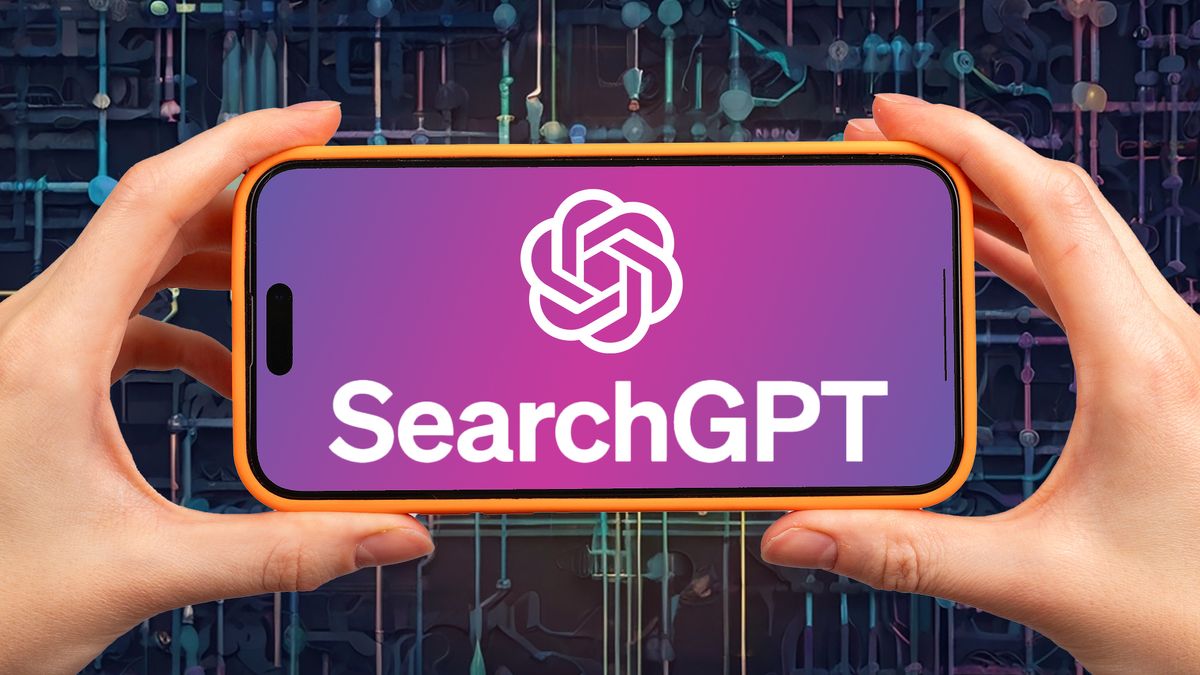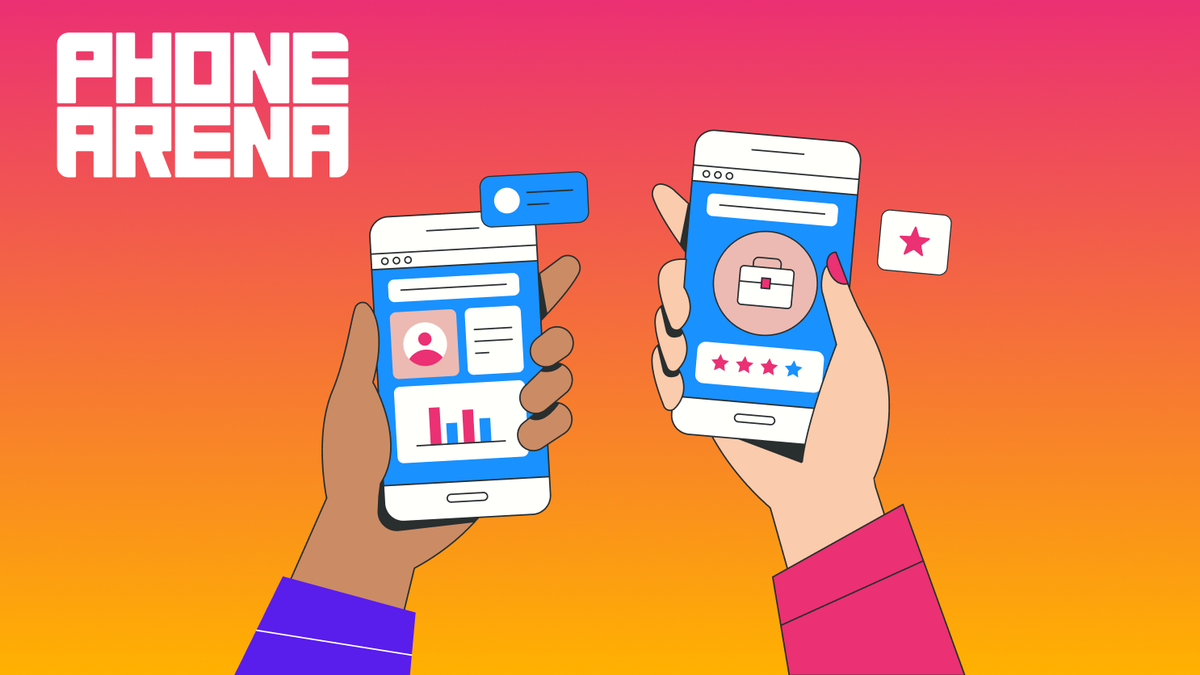A University of Washington linguistics professor described AI chatbots as “a terrible technology for information access”, shortly after OpenAI rolled out SearchGPT for paying users.
The promise of a chatbot search engine sounds enticing: No endless clicking through pages of search results that can’t guarantee they have the answers you’re looking for. AI chatbots aim to give you a concrete response to your query in the way you requested it. SearchGPT arguably also rivals the offerings of features you’d find in Google or Bing, like live data access to the weather, news, sports, and stocks.
Want the latest medical discoveries explained to you as if you were a 5-year-old? Not a problem for SearchGPT, whereas Google’s best bet is to send you a link to Reddit – if someone already compiled the information for it, that is.
However, despite this apparent convenience, not everyone is convinced AI chatbot search engines are necessarily the way to go. Prof. Emily M. Bender from the University of Washington fleshed out her argument on X, about why she thinks LLMs, which are the brains behind chatbots like ChatGPT and Claude, are bad for search.
As OpenAI and Meta introduce LLM-driven searchbots, I’d like to once again remind people that neither LLMs nor chatbots are good technology for information access.A thread, with links:>>November 4, 2024
Bender explained that LLMs are trained to produce sequences of words that sound like natural language but the chatbot you’re asking questions to is not truly understanding what it is saying.
“If someone uses an LLM as a replacement for search, and the output they get is correct, this is just by chance,” Bender wrote. She also argued that a search engine chatbot that is right 95% of the time is more dangerous than one that’s right 50% of the time.
“People will be more likely to trust the output, and likely less able to fact check the 5%,” Bender wrote.
While not all the comments made in response to Bender’s argument were in agreement, Bender isn’t alone in having doubts about AI search engine chatbots.
“Our lives will be more convenient and streamlined, but perhaps a bit less wonderful and wonder-filled, a bit less illuminated,” Matteo Wong wrote at The Atlantic.
Like Wong, Bender believes that using chatbots to search the internet will reduce our ability to find, evaluate, interpret, and learn from a wide variety of different sources of knowledge. While one Google search may have lit the spark that sent us into a late-night deep dive into the weirdest gadgets unveiled at a conference like CES, a chatbot may have satisfied our first query about when the next Consumer Electronics Show will be held.
🌐 Introducing ChatGPT search 🌐ChatGPT can now search the web in a much better way than before so you get fast, timely answers with links to relevant web sources.https://t.co/7yilNgqH9T pic.twitter.com/z8mJWS8J9cOctober 31, 2024
So even if tools such as SearchGPT weren’t based on LLMs, Bender said she’s not likely to be convinced to use them, even if as she herself acknowledged traditional search engines have their own drawbacks, like prioritizing commercial interests over the public good.
“But just because the current system is bad doesn’t mean any given change is going to be better,” Bender said.










